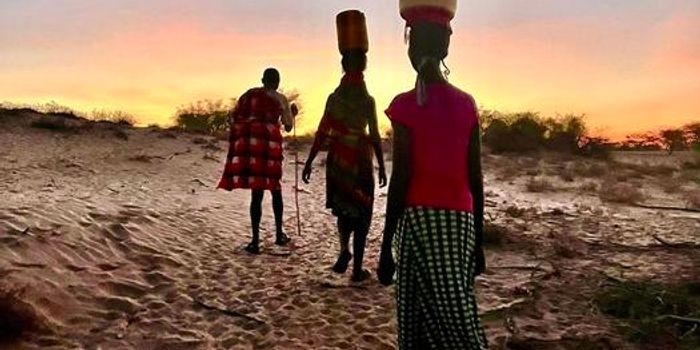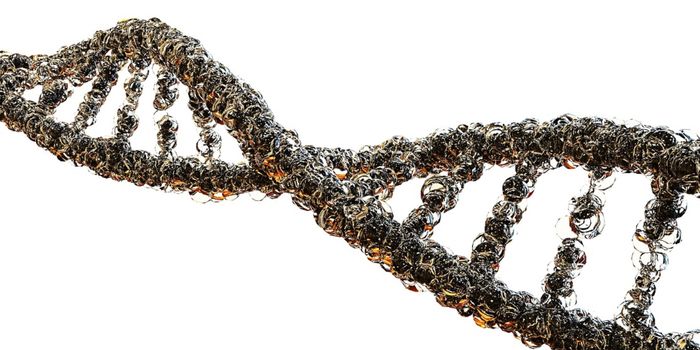Identifying the Origins of Modern Humans
New research reported in Nature has suggested that modern humans (Homo sapiens sapiens) come from Southern Africa, where they lived for approximately 70,000 years. The scientists hypothesized that the climate in Africa shifted, and led to the earliest explorations undertook by the first humans. Those migrations, in turn, led to a diversification of culture, ethnicity, and genes.
"It has been clear for some time that anatomically modern humans appeared in Africa roughly 200,000 years ago. What has been long debated is the exact location of this emergence and subsequent dispersal of our earliest ancestors," said the leader of the study, Professor Vanessa Hayes from the Garvan Institute of Medical Research and the University of Sydney, and Extraordinary Professor at the University of Pretoria. "Mitochondrial DNA acts like a time capsule of our ancestral mothers, accumulating changes slowly over generations. Comparing the complete DNA code, or mitogenome, from different individuals provides information on how closely they are related."
A team of investigators gathered blood samples to create a catalog of the earliest mitogenomes from what’s called the ‘L0’ lineage.
"Our work would not have been possible without the generous contributions of local communities and study participants in Namibia and South Africa, which allowed us to uncover rare and new L0 sub-branches," said study author Riana Bornman, a Professor of Public Health from the University of Pretoria.
"We merged 198 new, rare mitogenomes to the current database of modern human's earliest known population, the L0 lineage. This allowed us to refine the evolutionary tree of our earliest ancestral branches better than ever before," explained the first author of the report, Dr. Eva Chan from the Garvan Institute of Medical Research.
The researchers applied the timeline of the L0 lineage with cultural, linguistic and geographic distributions of various sub-lineages. They found that the first maternal lineages of Homo sapiens sapiens emerged south of the Greater Zambezi River Basin region about 200,000 years ago. This homeland includes the area we know as modern Botswana into Zimbabwe and Namibia.
This region once held the largest lake system Africa ever held, Lake Makgadikgadi.
"Prior to modern human emergence, the lake had begun to drain due to shifts in underlying tectonic plates. This would have created, a vast wetland, which is known to be one of the most productive ecosystems for sustaining life," said study co-author and geologist Dr. Andy Moore, from Rhodes University.
The timeline the team created suggested that this area gave the ancient humans a stable environment in which they thrived for thousands of years.
"We observed significant genetic divergence in the modern humans' earliest maternal sub-lineages, that indicates our ancestors migrated out of the homeland between 130,000 and 110,000 years ago," explained Professor Hayes. "The first migrants ventured northeast, followed by a second wave of migrants who traveled southwest. A third population remained in the homeland until today."
Co-corresponding author Professor Axel Timmermann, the Director of the IBS Center for Climate Physics at Pusan National University used computer models to learn more about the climate in Southern Africa over the past 250,000 years.
"Our simulations suggest that the slow wobble of Earth's axis changes summer solar radiation in the Southern Hemisphere, leading to periodic shifts in rainfall across southern Africa," said Timmermann. "These shifts in climate would have opened green, vegetated corridors, first 130,000 years ago to the northeast, and then around 110,000 years ago to the southwest, allowing our earliest ancestors to migrate away from the homeland for the first time."
"These first migrants left behind a homeland population," added Hayes. "Eventually adapting to the drying lands, maternal descendants of the homeland population can be found in the greater Kalahari region today."
Sources: AAAS/Eurekalert! via Garvan Institute of Medical Research, Nature








